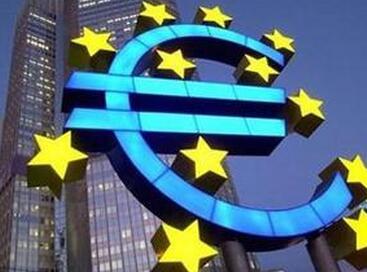
BRUSSELS, Aug. 31 (Xinhua) -- The inflation across the 19-member Eurozone hit a 4-month high in August due to energy price hike, official data showed, with core inflation stayed flat.
The annual inflation is expected to stand at 1.5 percent in August, the highest rate since May, according to an estimate of Eurostat, the European Union (EU)'s statistics agency.
August's reading came out of market expectation, thanks to the energy sector which has seen its price climbed by 4 percent this month, rather higher than the 2.2 percent increase in July.
The reading may be welcoming to the EU policy makers who seek to push prices in the single currency zone to targeted "close to but below 2 percent." But the core inflation, stripping out volatile items such as energy and food, stayed flat at 1.2 percent in August.
The core rate, although better than last year's performance which showed below 1 percent, suggested that there was still lack of momentum in Eurozone which relied heavily on the central bank's massive stimulus measures to improve the inflation.
In a separate report, Eurostat said jobless rate in the Eurozone stayed at 9.1 percent in July, stable compared to June and down from 10.0 percent in the same month last year. For the wider 28-country EU, the unemployment rate stood at 7.7 percent in July.
The office estimated that 18.91 million people in the EU, of whom 14.86 million in the Eurozone, were unemployed in July. Compared with June, the number of persons unemployed increased by 93,000 in the EU and by 73,000 in the Eurozone.
August's increase in inflation was a little sharper than the published consensus forecast of a rise to 1.4 percent, said a research of the Capital Economics.
Admittedly, the number of unemployed people rose slightly, but the series was fairly volatile and surveys pointed to renewed falls to come, said the research.
Thursday's data suggested that the European Central Bank's (ECB) strong policy support was becoming less necessary. But the Bank will need to tread very cautiously given still low inflation expectations and the strength of the euro exchange rate, it added.
The ECB is expected to bide its time after its meeting next week before announcing a gradual asset purchase taper in October, the Capital Economics noted.




 A single purchase
A single purchase









